
The Chicken Seller Said: "These 3 Types of Chicken Meat, No Matter How Cheap They Are, I Never Buy..."
In the world of food, especially when it comes to poultry, the quality of what we eat should always be a priority. While chicken is one of the most consumed meats globally, not all types of chicken are created equal. This becomes particularly evident when you hear seasoned vendors, like chicken sellers, express strong preferences about the meat they buy and sell. "These 3 types of chicken meat, no matter how cheap they are, I never buy," says a veteran chicken seller. This statement raises an important question: what are the types of chicken meat that should be avoided, and why? In this article, we will dive into the reasons why certain types of chicken meat are better left off your shopping list and the factors you should consider when choosing quality poultry.
1. Factory-Farmed Chicken: The Main Concern
The first type of chicken that many sellers avoid buying and selling is factory-farmed chicken. While factory-farmed poultry is mass-produced to meet the high demand for chicken meat, it often comes with significant ethical and health concerns.
a. Unnatural Living Conditions
Factory-farmed chickens are typically raised in overcrowded and unsanitary conditions. These chickens are often confined to small spaces where they have limited movement. They are given growth hormones and antibiotics to promote rapid growth and prevent disease. However, the cramped living environment and unnatural practices raise serious questions about the quality of the meat and the overall welfare of the animals.
b. Health Risks
One of the biggest concerns with factory-farmed chicken is the potential health risks it poses to consumers. Chickens that are raised in these conditions may carry harmful bacteria, such as Salmonella or Campylobacter, which can lead to foodborne illnesses. The overuse of antibiotics in factory farming also contributes to antibiotic resistance, a growing public health issue.
c. Why Sellers Avoid It
Chicken sellers who prioritize quality over price are often wary of factory-farmed poultry. The meat from these chickens may not only be less nutritious, but it may also have a poorer taste and texture. The health risks associated with factory farming are also a reason why many vendors refuse to sell this type of meat.
2. Chickens Fed an Unhealthy Diet
Another type of chicken meat that chicken sellers often avoid is poultry that has been raised on an unhealthy diet. The feed provided to chickens can have a significant impact on the quality of the meat, and unfortunately, many commercial poultry farms use feed that is not ideal for the birds' health.
a. Use of Artificial Additives
Many industrial farms feed their chickens a diet that contains artificial additives, such as growth stimulants, dyes, and even unhealthy fats. These additives are used to accelerate growth and improve the appearance of the chicken meat. However, the consumption of such additives can compromise the nutritional value of the meat, making it less healthy for consumers.
b. Lack of Natural Nutrition
In contrast to pasture-raised or free-range chickens, which have access to a more natural diet of plants, insects, and seeds, factory-farmed chickens often lack these essential nutrients. As a result, the meat from these chickens is less rich in healthy fats, vitamins, and minerals. It is often less flavorful and may contain harmful substances that accumulate in the chicken’s body.
c. Why Sellers Avoid It
Sellers who care about the health of their customers and the reputation of their business avoid buying chicken raised on an unhealthy diet. The potential for poor-quality meat and the health implications for consumers make this type of chicken undesirable. Many vendors prioritize sourcing meat from farms that use natural, sustainable feeds that promote the chicken’s well-being and ensure the quality of the meat.
3. Chickens with Undocumented or Poor Animal Welfare Standards
The third type of chicken meat that some sellers avoid is poultry that comes from farms with poor animal welfare standards or those with little transparency about their farming practices.
a. The Importance of Transparency
Many consumers are becoming more conscious about the ethical treatment of animals in the food industry. Chickens that are raised in humane conditions tend to have better meat quality. On the other hand, chickens that suffer from neglect or abuse may produce tougher, less flavorful meat.
b. Risks to Animal Welfare
When animals are raised without adequate care and attention, it affects their overall health, which in turn affects the quality of their meat. Poor treatment can lead to stress, disease, and abnormal growth patterns, all of which compromise the taste and safety of the meat. Additionally, some farms have questionable practices that may not adhere to animal welfare guidelines, making it difficult for consumers to trust the integrity of the product.
c. Why Sellers Avoid It
Many chicken sellers, particularly those who value ethical business practices, avoid buying chicken from farms that lack proper animal welfare standards. These sellers understand that the meat from poorly treated animals not only affects consumer trust but can also be harmful in terms of taste and health. The growing demand for ethically raised meat means that many vendors are opting for farms that prioritize animal welfare, and they refuse to sell chicken from farms that don’t meet these standards.
4. How to Choose the Best Chicken Meat
Now that we have explored the types of chicken meat that sellers may avoid, it’s important to understand how to choose high-quality poultry. When shopping for chicken, keep the following tips in mind:
a. Look for Certified Organic or Free-Range Chicken
Certified organic and free-range chickens are raised in environments that allow them to roam freely and eat a more natural diet. These chickens are less likely to have been treated with hormones, antibiotics, or artificial additives. The meat is typically more flavorful and nutritionally rich.
b. Check for Transparency in Sourcing
Before buying chicken, consider where it comes from. Look for farms that provide transparency about their farming practices, animal welfare standards, and feed. Many farms now offer information on how their chickens are raised, and this can help you make an informed decision.
c. Consider Local and Sustainable Farms
Buying chicken from local, sustainable farms can be a great way to support ethical farming practices while ensuring the meat is fresh and of high quality. Local farms tend to have better animal welfare practices, and the meat often has a more desirable taste and texture.
Conclusion
The chicken seller's advice—"These 3 types of chicken meat, no matter how cheap they are, I never buy"—highlights the importance of considering quality over price when purchasing chicken. Factory-farmed chicken, poultry fed unhealthy diets, and chickens raised under poor welfare conditions can all result in meat that is less nutritious, less flavorful, and potentially harmful to your health. As consumers, we should be aware of these factors and prioritize ethical and sustainable choices when buying poultry. By making informed decisions, we can support better farming practices, enjoy higher-quality meat, and contribute to a more sustainable food system.
News in the same category


There’s a Hidden Button on Your Air Conditioner Remote: Turning It On Can Cut Your Monthly Electricity Bill in Half — Don’t Miss Out If You Don’t Know!

Great hacks every family needs

A small but effective tip
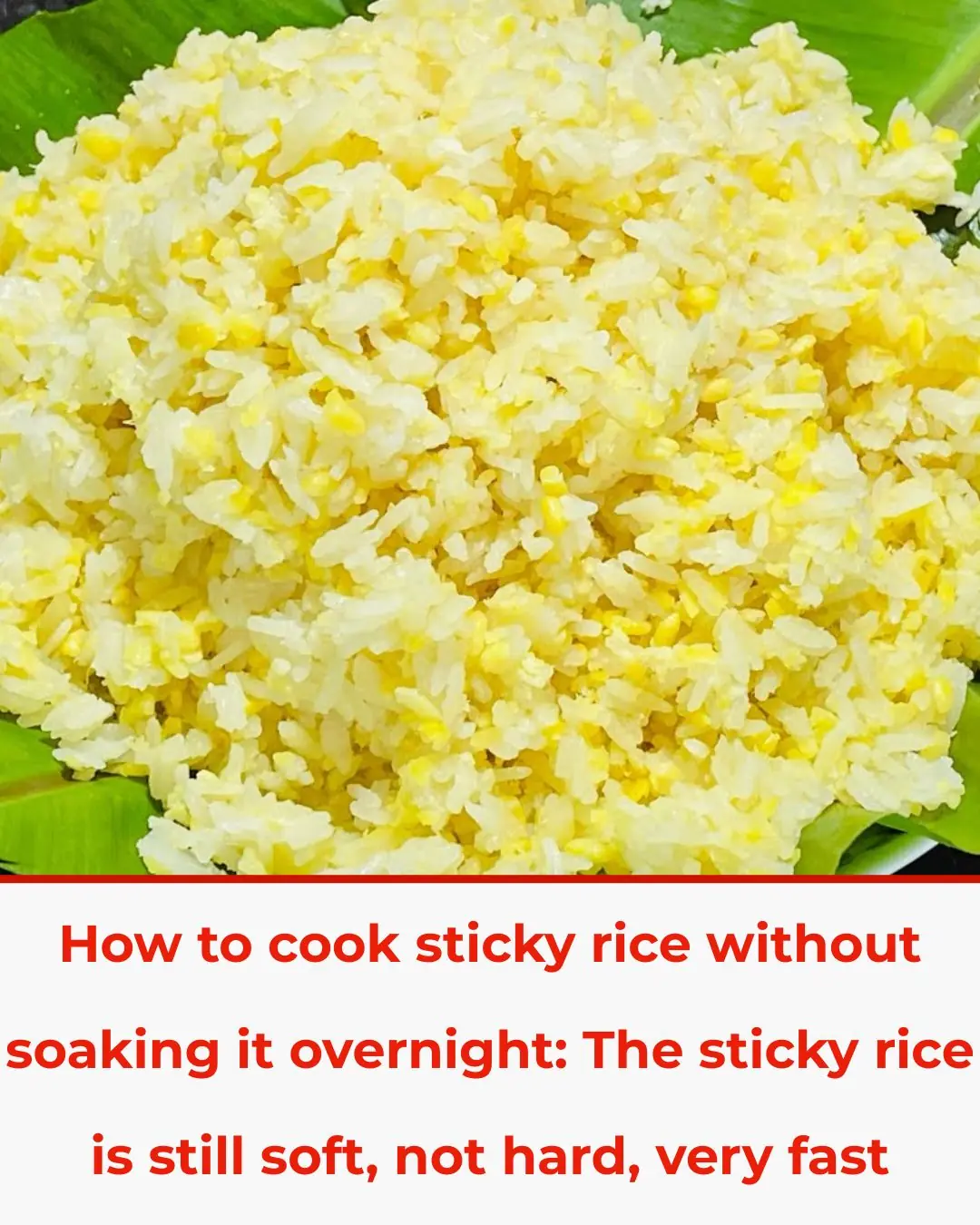
How to Cook Sticky Rice Without Soaking Overnight: Soft, Chewy, and Super Fast

How to Unclog a Sink Drain Without Calling a Plumber

Expiring Food: Should You Buy It or Not? The Answer Might Be the Opposite of What You Think

Add a few drops of essential oil to the water used to clean the floor. Knowing the benefits, every family wants to follow suit.

Put garlic at the bedside, its "golden" uses, anyone who reads this will want to try it.

4 toxic plastic items

Hanging a Towel on the Door Handle Before Bed: Unexpected Benefits That Few People Know

Cutting Plastic Bottles for the Kitchen: Amazing Uses You’ll Wish You Knew Sooner

The Ancient Wisdom: Kitchen Directions and Bed Placement in Feng Shui

What should you do if someone has a stroke?
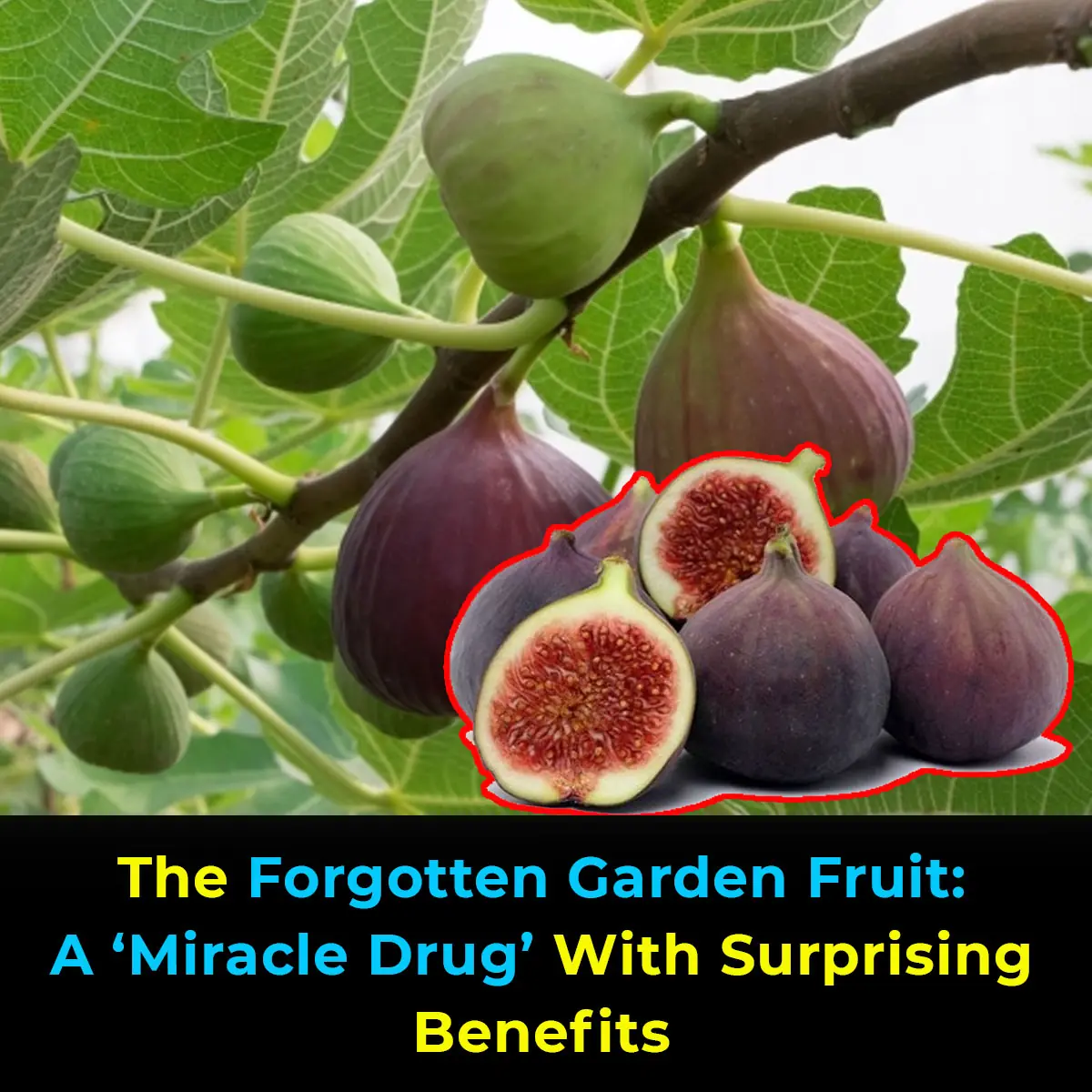
What You Need to Know About the Nutritional Value of Figs

4 Foods You Should Never Reheat: Health Risks Explained

When buying loofah, should you choose the dark green or light green ones for better taste? Many people who have been shopping for years still don't know this.

Two quick and easy ways to wash yellowed pillow fillings, instantly turning them bright white like new.
News Post

There’s a “Hidden Switch” on Your Water Heater: Using It Properly Can Make It Last Over 10 Years

There’s a Hidden Button on Your Air Conditioner Remote: Turning It On Can Cut Your Monthly Electricity Bill in Half — Don’t Miss Out If You Don’t Know!

Simple T-Shirt Image Is Driving the Internet Crazy

Great hacks every family needs
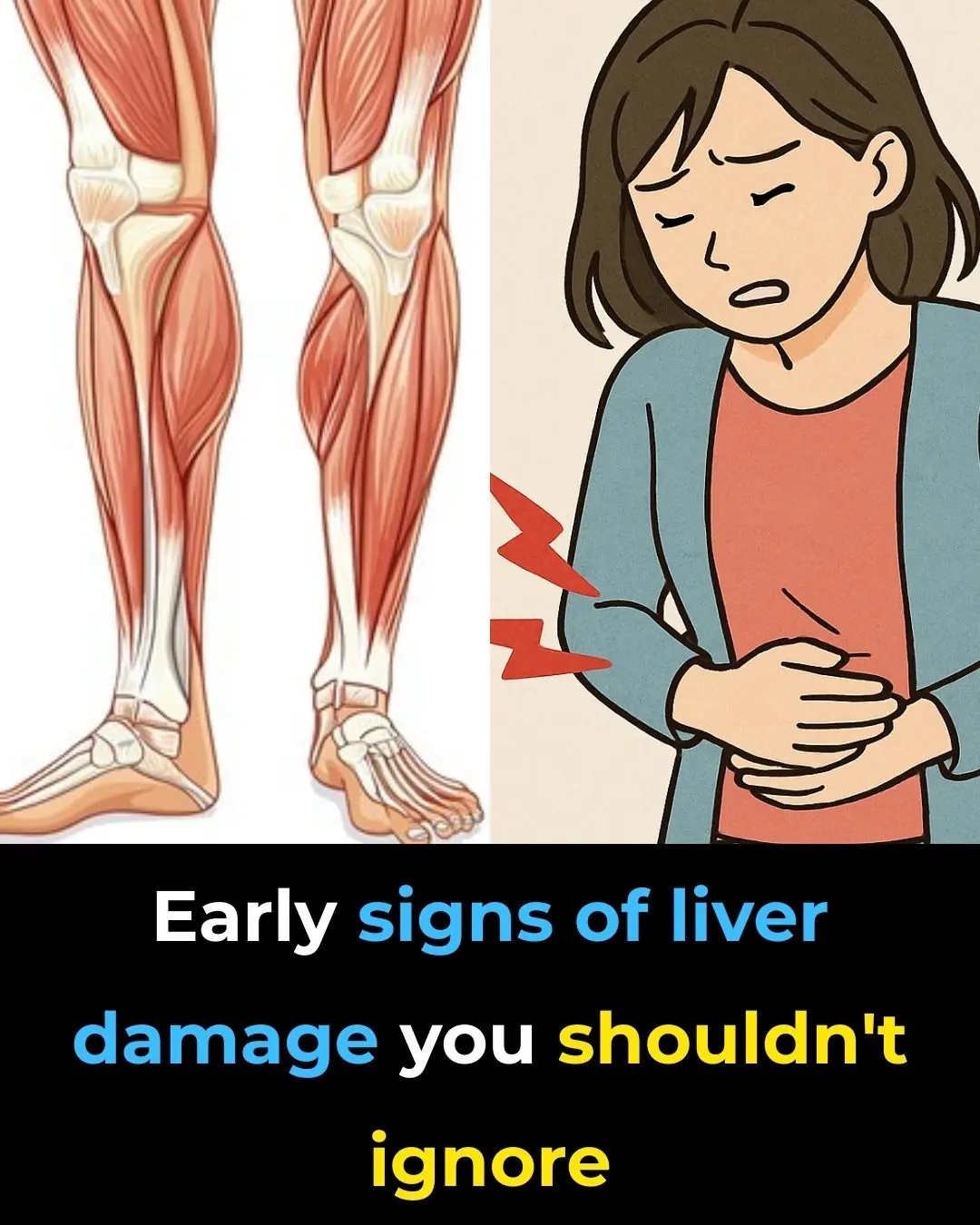
Early Signs of Liver Damage & How to Strengthen Your Liver
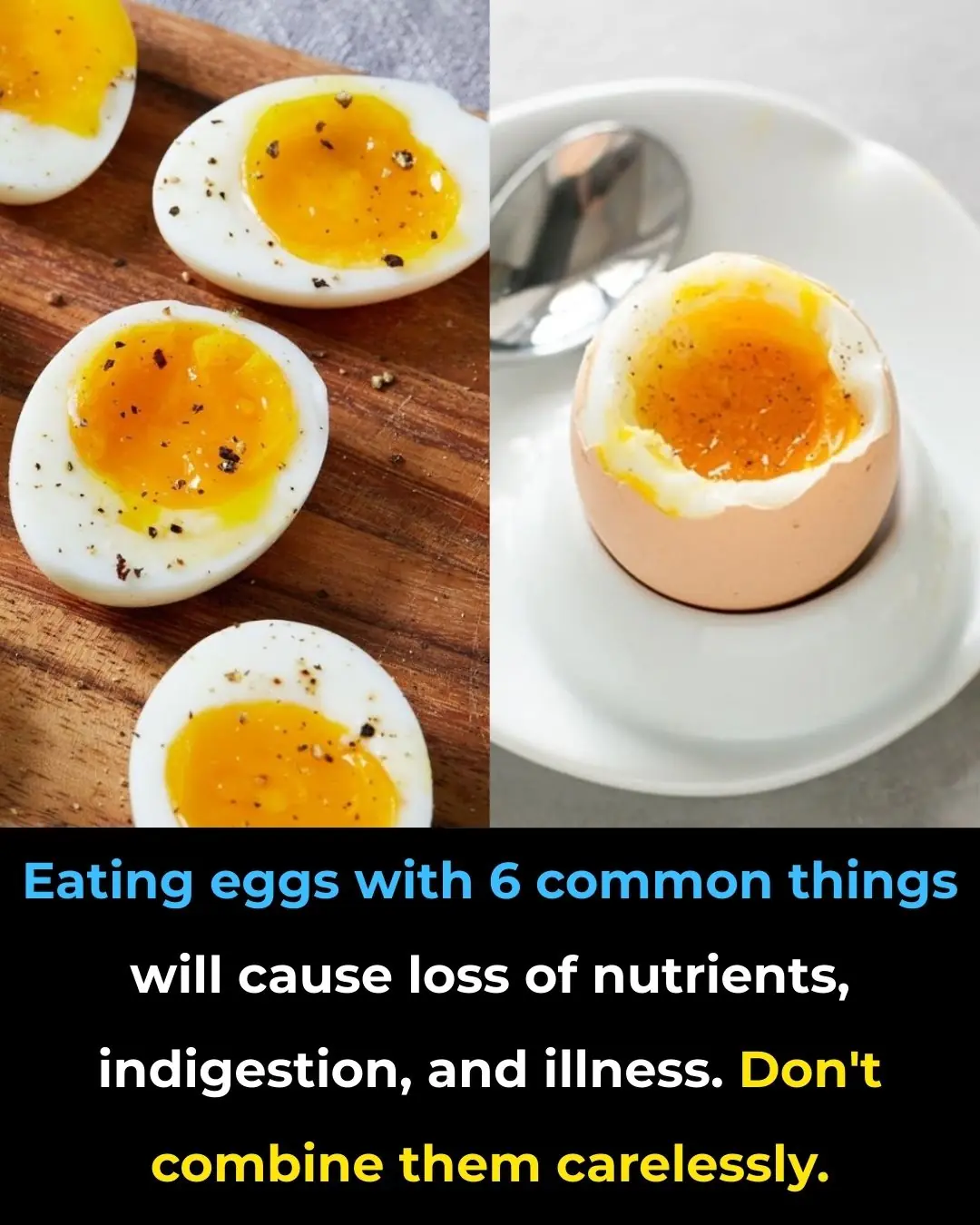
6 Foods You Shouldn’t Eat With Eggs

Cardiologist Reveals the #1 Exercise to Prevent a Heart Attack
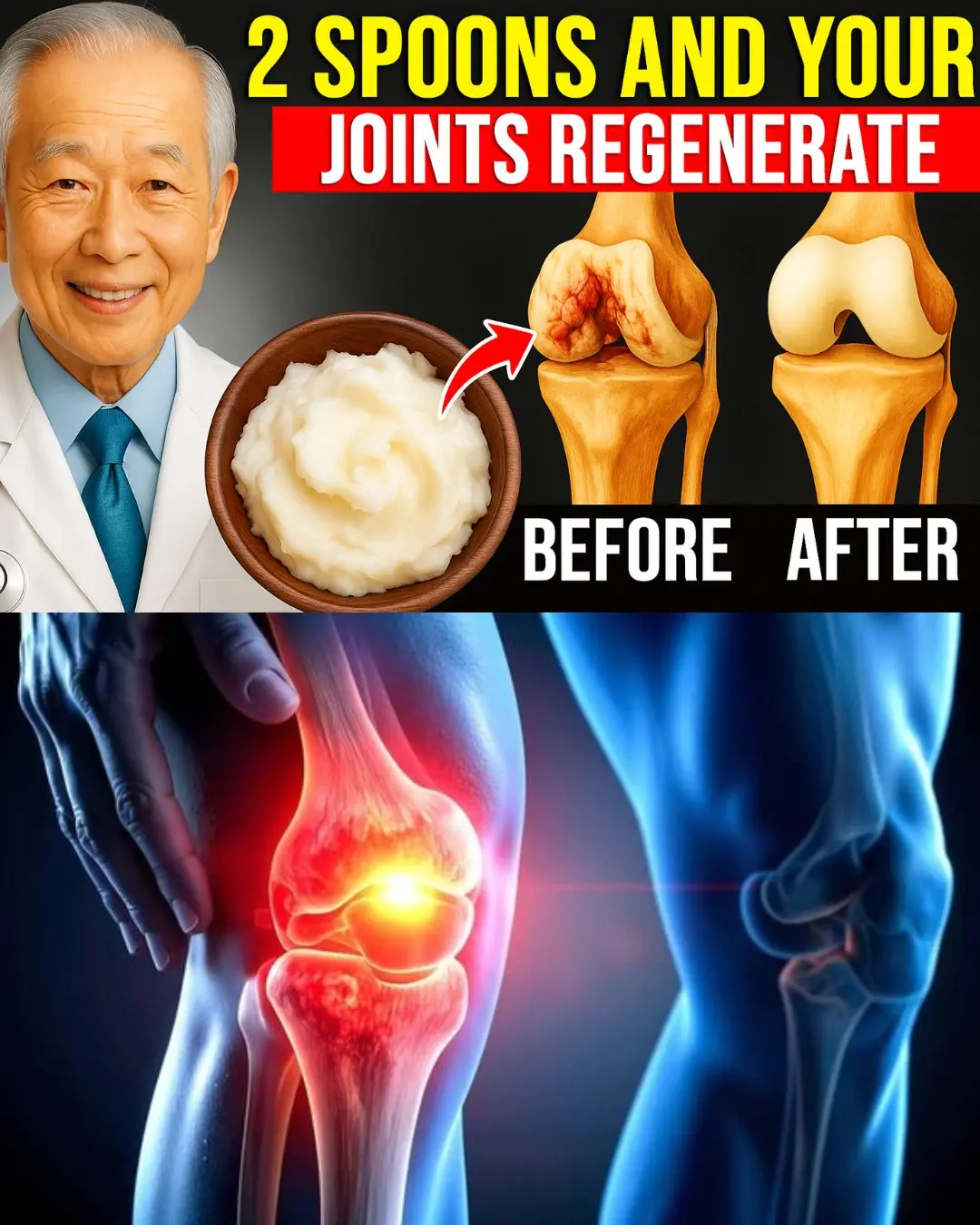
Boost knee cartilage with this simple but powerful drink

A small but effective tip

How to Cook Sticky Rice Without Soaking Overnight: Soft, Chewy, and Super Fast

How to Unclog a Sink Drain Without Calling a Plumber

Expiring Food: Should You Buy It or Not? The Answer Might Be the Opposite of What You Think

Couple’s Walk Leads to a Rare $70,000 Ambergris

Woman Experiences Intense Leg Pain, Discovers She Has a Rare Ancient Disease Once Called ‘Holy Fire’

Homemade Baking Soda Cream: Say Goodbye to Wrinkles and Dark Spots

Goodbye, Blood Sugar! A Simple Natural Drink That Helps Balance Glucose Levels

Tomato Benefits for Skin – Rub Tomato Slice on Face

Science Reveals How This Physical Trait May Indicate Narcissism

Nighttime Habits That Increase Your Risk of Stroke
